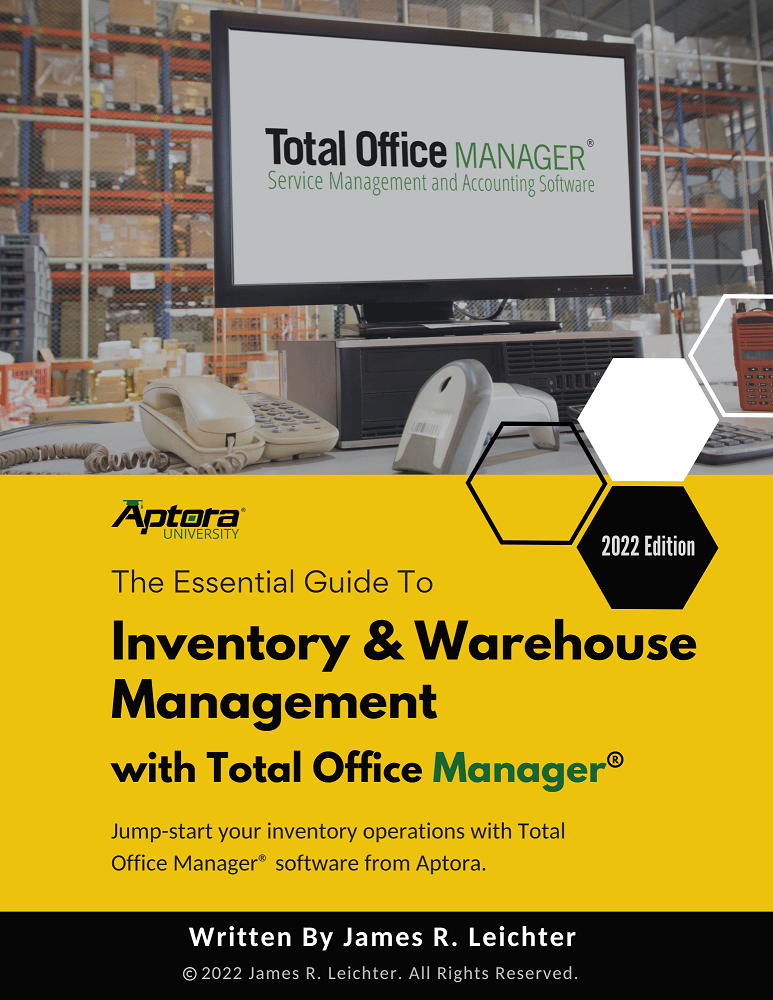
Is Land a Current Asset? A Guide for Owners & Bookkeepers
Quick Answer In virtually all standard bookkeeping and accounting frameworks, land is classified as a non-current asset, specifically as a fixed asset or property, plant,

Key Takeaways
Navigating the world of business accounting can feel like wading through a jungle with no map. When it comes to field service companies, the choice between cash vs accrual accounting can shape how you perceive revenue and strategize for growth.
This article lays out the nuts and bolts of both methods, helping you pinpoint which approach aligns best with your business goals. By the end, you’ll know how these systems affect your cash flow, taxes, and day-to-day operations, all without drowning in accounting jargon.
Let’s start with a simple breakdown of what each method actually means.
If you choose the cash method, you won’t see revenue on your books until your customer actually pays. So, if you do a big HVAC install this month but don’t get paid until 45 days later, your books for this month show nothing—nada, zilch. That can make your bank balance look dire, even if you’ve done the work and sent out a sizable invoice.
Upside: You’ll always know exactly how much cash is on hand. No illusions about money that hasn’t yet arrived.
Downside: It might underrepresent (or overrepresent) how much work is truly in the pipeline.
Under accrual, the moment you send that invoice, you note it as revenue—even if it takes weeks to see the actual cash. This approach means your books reflect the work done during each period, giving a more balanced sense of your business’s real activity.
Upside: You can see a truer reflection of earnings month by month, which is especially helpful for budgeting and comparing performance over time.
Downside: It’s easy to forget that “accounts receivable” doesn’t equal “cash in the bank” until those payments come through.

Say you purchase a new piece of equipment for your plumbing business. Under the cash method, you record the expense the minute you write that check or swipe your card. If the supplier grants you 30-day terms, you won’t record the expense until you cut the check.
If you receive a vendor invoice for equipment and set up a payment plan over several months, accrual accounting records the total expense in the month you actually took on the liability. Whether you pay it off next week or next quarter, the expense is pinned to the time you benefited from that purchase.
Taxes are an ever-present reality, and the method you choose can influence how much you pay each year.
💡 Tip: The IRS has rules about which businesses can use each method. Smaller companies often have more flexibility, but consult a tax professional or the IRS guidelines to be sure.
One of the biggest pitfalls for field service owners is confusing cash flow with profitability. Here’s where each method can lead you astray:
Example:
You close a $10,000 HVAC contract in July, invoice immediately, but get paid in September. Under accrual, July looks terrific. Under cash, your July revenue is $0. Either scenario can distort your day-to-day cash availability.

If you run a small plumbing or electrical gig and want to keep bookkeeping minimal, cash accounting might suffice—especially if you’re not dealing with a flood of invoices at any given time. It simplifies life: see money come in, record it as income; see money go out, record it as expense.
If your HVAC or construction business is expanding and you’re juggling multiple projects, employees, or 90-day invoices, accrual might make more sense. Being able to see which jobs are “earning” revenue (even if you haven’t been paid yet) lets you make smarter decisions—like hiring additional techs or investing in new tools.
In some cases, you might use a mix. You could track some aspects on a cash basis while storing more detailed accrual records for internal decision-making. However, for tax purposes, you generally must choose one consistent method.
No matter which accounting method you pick, technology can ease the burden. Apps like QuickBooks, Xero, or Aptora’s accounting solutions allow you to toggle between cash and accrual reports or automate invoicing to match your chosen approach.
💡 Pro Tip: Even the best software needs accurate data entry. If a payment is recorded incorrectly, your entire monthly snapshot becomes unreliable. Make sure to double-check entries, reconcile accounts regularly, and train your team to prevent small mistakes from turning into big financial headaches.
Many believe it is not an option, but switching from cash to accrual (or vice versa) is possible, but requires careful planning:
Check out this insightful discussion on the process of making the switch from cash to accrual accounting:
Ask yourself these questions before committing to a method:
Whichever path you choose, consistency and accuracy are your best friends. Sloppy records lead to confused decisions—and potentially hefty fines if you misreport to tax authorities.
Managing cash and accrual accounting can feel like a balancing act. That’s why Aptora provides the tools you need to stay on top of your finances. From tracking overdue invoices to gaining real-time expense insights, our field service management software makes handling both cash and accrual reporting effortless. Eliminate guesswork, stay compliant, and focus on what matters most—serving your customers.
Cash accounting is typically simpler for small businesses, but accrual might be required if you hit certain revenue thresholds.
It’s possible, but not always advisable. Most accountants suggest making the switch at the start of a new tax year to maintain clean records.
You can track cash flow in real-time (cash) while also doing an accrual-based profit and loss statement. Just ensure your formal tax reporting follows one consistent method.
Lenders prefer accrual accounting as it shows a clearer financial picture. Cash accounting can make finances look inconsistent, but providing detailed cash flow reports can help when applying for loans.

Subscribe to our newsletter


By submitting this form, I agree to receive marketing communication via phone call, email, or SMS from Aptora.

By submitting this form, I agree to receive marketing communication via phone call, email, or SMS from Aptora.